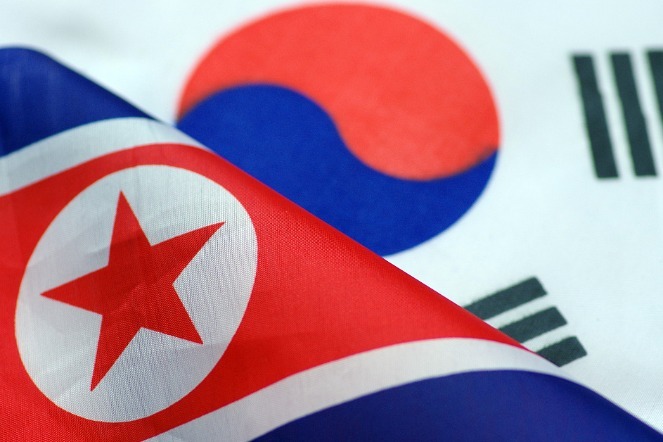Local dialects leave room for pleasant misunderstandings and surprises

Editor's note: There are several dialect groups in China. For thousands of years, Chinese people have been speaking in hundreds of different dialects, and the formation of Chinese dialect is based on ethnicity and culture, writes a veteran journalist with China Daily.

I was recently driving in the central part of Hainan province when I passed by a village that had a number of restaurants. "Time for lunch," I reminded my travel companions before stopping in front of an eatery that appeared more crowded than the others.
After being seated by the owner around a table, I asked for the menu. The owner looked puzzled and shook his head. "What do you have for us to eat then?" I asked in Putonghua, knowing that not all eateries have menus.
Zu-ji, said the owner in a thick local accent. Apparently, he could understand me, I thought. Zu-ji sounded very much like zhu-ji — stewed chicken — to us, and we decided to order it since there was not much choice.
When a few minutes later our order came, it was a number of zongzi — a traditional Chinese sticky rice dumpling wrapped in reed leaves. We laughed, knowing it was yet another misunderstanding caused by dialect. We bought the dumplings before moving to another restaurant for the stewed chicken we really wanted.
Misunderstandings like this occur in China every day. While more than 90 percent of the Chinese people use the same written language, they speak in different local dialects which makes communication difficult even among the Chinese.
More than a century ago, during the late Qing Dynasty (1644-1911), scholars and authorities began to popularize Mandarin, then official language. After the Republic of China was founded in 1911, it continued the efforts to develop a common spoken language, though the then authorities changed its name from Mandarin to Guoyu, or standard national language.
After the founding of the People's Republic of China in 1949, China paid greater attention to promoting a common spoken language, and named it Putonghua.
It has been a long march for Putonghua, given the difficulty many people initially had in accepting a spoken language they were unfamiliar with. When I was in school more than half a century ago in Xi'an, China's ancient capital, most of my teachers spoke the local dialect, or even the dialect of neighboring Henan province. A few spoke Putonghua, though. Although, all teachers were required to speak Putonghua, the schools had to be tolerant to teachers speaking different dialects because few teachers could speak Putonghua at that time.
The launch of reform and opening-up more than four decades ago not only helped develop the country's economy and upgrade people's living standards, but also boosted the country's efforts to popularize Putonghua. Reform and opening-up also greatly increased people's mobility. And increasing mobility and migration made people understand the importance of Putonghua, prompting them to use it as a common language. Especially because, speaking Putonghua could help them find better jobs and make more money.
According to official data, more than 80 percent of Chinese people can now understand and speak Putonghua. Twenty years ago, the percentage was only 60. Teachers and civil servants are now required to have a certain level of proficiency in Putonghua to keep their position.
Nowadays, walking in a Xi'an street, I sometimes have the illusion of walking in a Beijing street because all the people around speak Putonghua, from salespersons, restaurant waiters to taxi drivers and street cleaners.
However, there is no harm in preserving the dialects while promoting Putonghua. About 10 dialect groups are spoken in China, and each dialect group has different accents. In many cases, people speaking different dialects can't communicate with each other, as happened with us in Hainan.
Each dialect also represents a local culture.
I think the present Putonghua popularity level of 80 percent is good enough. It ensures fluent communication among the Chinese. At the same time, it leaves room for pleasant misunderstandings, surprises, and even embarrassment, as I experienced in Hainan. I love it!


The author is former deputy editor-in-chief of China Daily.
kangbing@chinadaily.com.cn


































